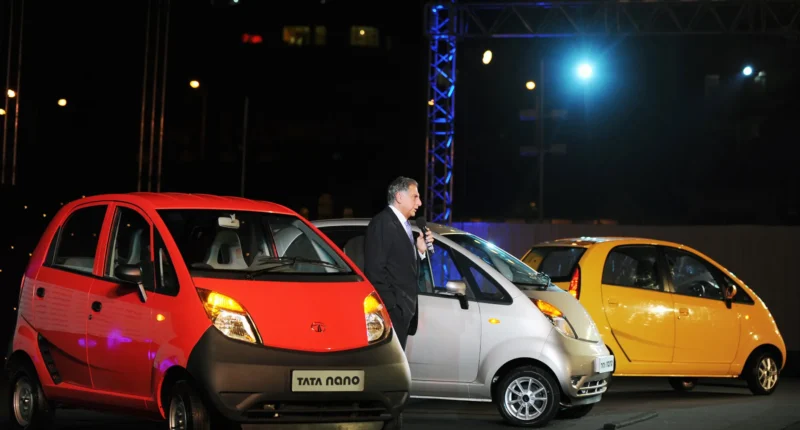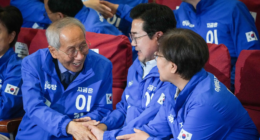Ratan Tata, the influential businessman who transformed the Tata Group into a global powerhouse, has died at the age of 86. His passing was announced by Natarajan Chandrasekaran, the current chairman of the Tata Group, in a heartfelt statement.
Tata, who served as chairman for over two decades starting in 1991, was instrumental in expanding the 156-year-old conglomerate, which now operates in over 100 countries and reported an impressive $165 billion in annual revenue. Known for his visionary leadership, Tata oversaw significant acquisitions, including the British steelmaker Corus Group and luxury carmaker Jaguar Land Rover, reshaping the group’s global presence.
Despite his immense success, Tata never married and had no children. After stepping down as chairman in 2012, he continued to lead the Tata Trusts, a collection of philanthropic organizations that hold a majority stake in Tata Sons Pvt., the group’s holding company. His leadership of these trusts has left a notable void in the philanthropic landscape in India.
Chandrasekaran praised Tata as “a truly uncommon leader,” acknowledging his profound contributions to both the Tata Group and the broader fabric of Indian society. Under Tata’s guidance, the conglomerate diversified into a vast array of sectors, from consumer goods and automobiles to technology and airlines, even launching India’s first superapp.
Tata’s tenure was marked by a bold vision that sought to transcend India’s colonial past, positioning the Tata Group as a symbol of national pride and innovation. However, his ambitious global strategies sometimes faced challenges, particularly during the financial crisis that impacted car sales in developed markets soon after his major acquisitions.
Tata returned briefly as interim chairman in 2016 amid a tumultuous leadership crisis following the ouster of his successor, Cyrus Mistry. This was not the first time Tata faced a battle for control; his initial ascent to chairman also involved navigating conflicts with entrenched executives within the group.
Kavil Ramachandran, executive director of the Thomas Schmidheiny Center for Family Enterprise, noted Tata’s global vision, stating, “Ratan Tata imagined big and took the empire beyond India.” His legacy, characterized by transformative leadership and philanthropic commitment, leaves an indelible mark on the Indian corporate landscape with no obvious successor in sight.









